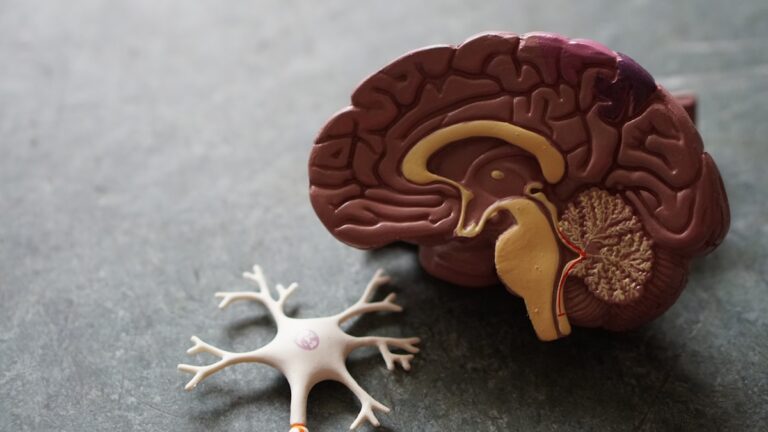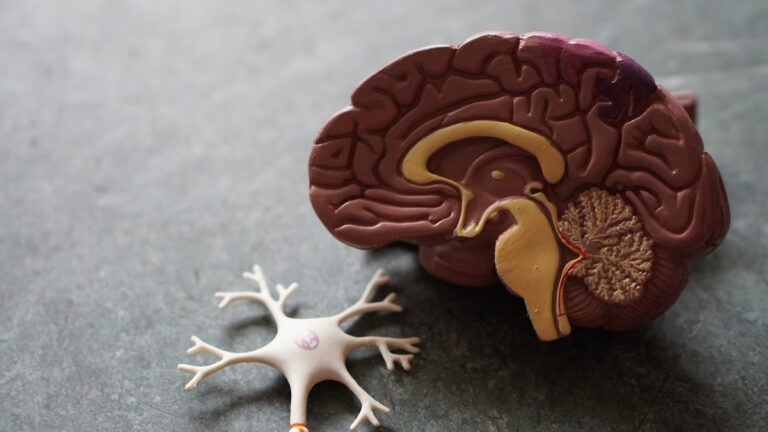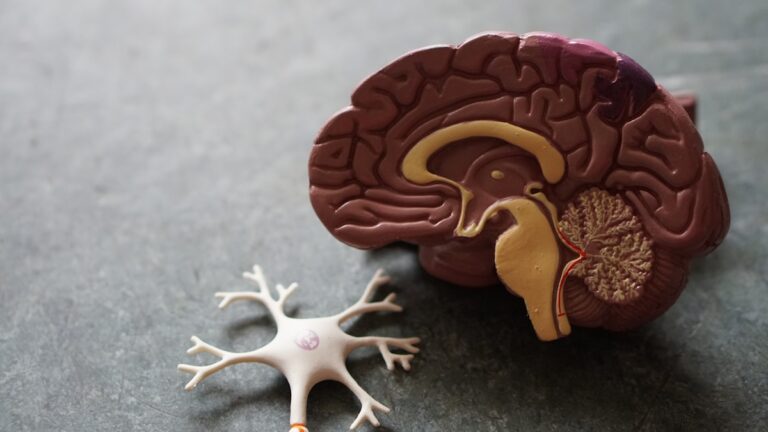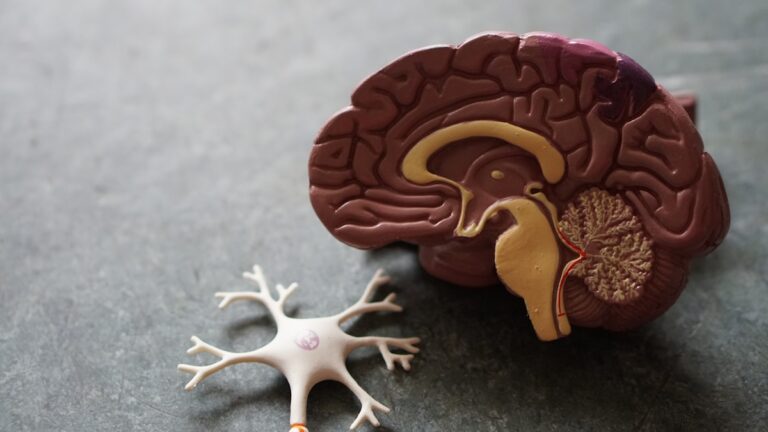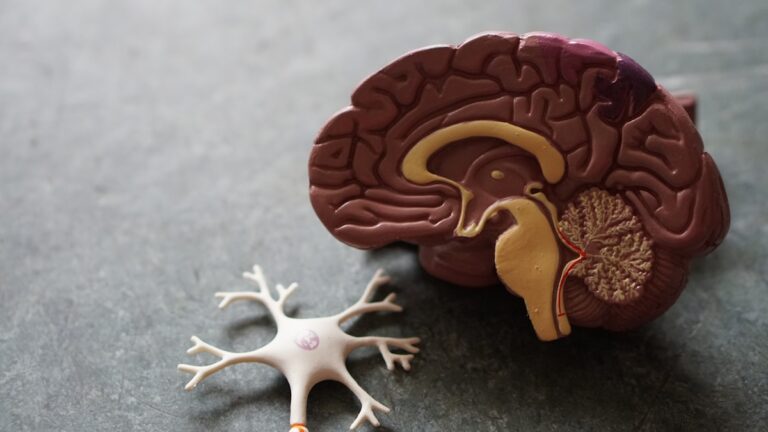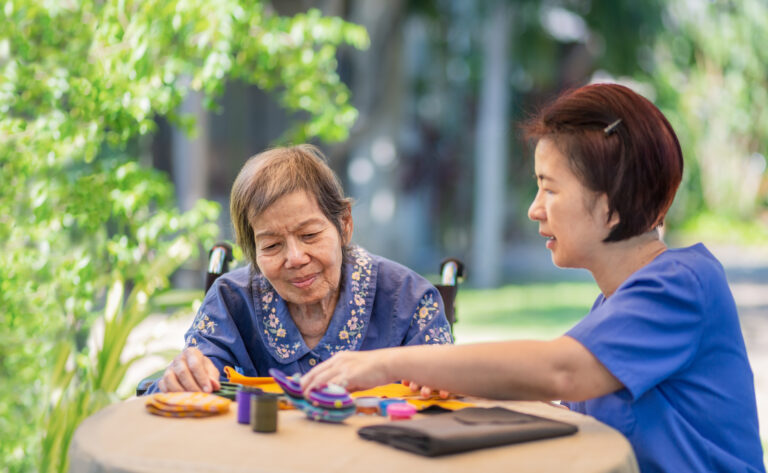As people grow older, maintaining personal hygiene can become more challenging due to a mix of physical, cognitive, and emotional changes. These changes affect everyday tasks like bathing, grooming, and dressing in ways that might not be obvious at first but gradually make self-care harder.
**Physical Changes Make Hygiene Tasks Tougher**
With age, the body naturally undergoes several physical shifts. Strength tends to decrease, joints may stiffen up, and balance can become less steady. These factors make simple activities like standing in the shower or reaching to wash hair more difficult and sometimes risky because of falls or slips[1][5]. Mobility issues are a major reason why older adults might struggle with their hygiene routines—they may fear falling or find it painful to move their arms above their head for washing[5].
**Cognitive Challenges Can Interfere**
Memory problems or conditions such as dementia also play a role. Seniors might forget steps in their hygiene routine or resist help because they don’t understand why it’s necessary anymore[1]. This can lead to skipped showers or neglected grooming habits.
**Emotional Barriers Are Just as Important**
Depression is common among older adults due to social isolation and other life changes. When someone feels depressed, even basic self-care like brushing teeth or showering can feel overwhelming[5]. There’s also embarrassment about needing assistance with personal care which makes some seniors reluctant to ask for help[1].
**Why Maintaining Hygiene Matters**
Good personal hygiene isn’t just about looking clean—it helps prevent infections and skin problems that are more common when cleanliness is neglected[2][4]. It also supports dignity and confidence by helping seniors feel comfortable in their own skin.
**How Support Can Help**
Caregivers trained in elder care know how to assist without making seniors feel ashamed. They use tools like grab bars and non-slip mats for safety during bathing while encouraging independence as much as possible[1]. Creating a calm environment where seniors feel respected makes all the difference.
In summary, aging affects personal hygiene through reduced strength and mobility, memory challenges, emotional struggles like depression, and fear of injury. Recognizing these hurdles allows families and caregivers to provide compassionate support that keeps seniors healthy—and dignified—in their daily routines.
